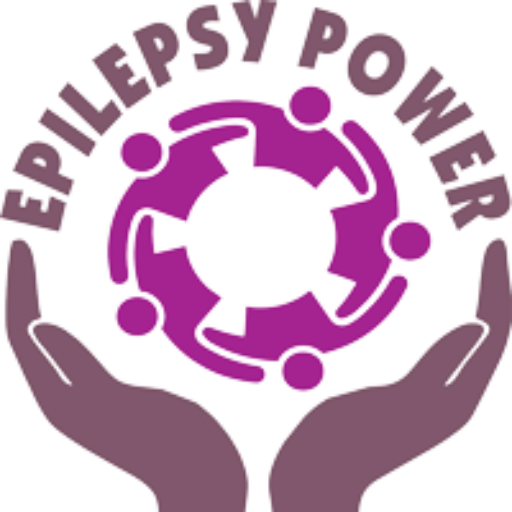- Introduction
- Section 1: Obstacles to better professional integration for people with disabilities, particularly epilepsy
- Section 2: The international legal framework
- Section 3: The european legal framework
- Section 4: Equal opportunity rights in Italy
- Section 5: Equal opportunity rights in Bulgaria
- Section 6: Equal opportunity rights in Ireland
- Section 7: Equal opportunity rights in Germany
- Section 8: Equal opportunity rights in France
- Section 9: Summary of key points concerning legislation to promote the professional integration of disabled people in Italy, Bulgaria, Ireland, Germany and France.
- Concluding remarks
- Quiz
People with disabilities remain one of the most at-risk target groups in the labor market in Bulgaria. According to data from almost all available sources, around 10-15% of disabled people of working age are employed.
Issues relating to the social inclusion of disabled people through employment remain a priority task for the country’s social policy in the field of disability.
There are several reasons why this category of people has little or no access to employment:
- One of the most acute problems is that of architectural barriers and accessible housing and settlement environments.
- Employers don’t hire disabled people, and the private sector lacks interest in the resources disabled people offer.
- The qualifications of disabled people. Over 40% of them have a primary school education or lower. This even prevents them from being included in retraining courses offered by the employment agency, due to the minimum school-leaving requirements.
In this respect, when they enter the job market, people with disabilities face numerous social barriers that considerably reduce their opportunities.
The Bulgarian Labour Code however does specify several key measures:
– Employment quotas: Employers with more than 50 employees must reserve jobs for people with reduced work capacity (4 to 10% of total employees).
– Annual leave : Employees whose capacity for work is reduced by 50% or more are entitled to at least 26 days of paid annual leave.
– Protection against dismissal: there are special protections against the dismissal of disabled employees. Dismissal of disabled employees requires prior authorization from the labor inspectorate.
– Employment support: there are various forms of support, including social entrepreneurship, vocational training and self-employment.
Here is the link where you can find all the different policies and laws in Bulgarian: https://ahu.mlsp.government.bg/portal/page/3
